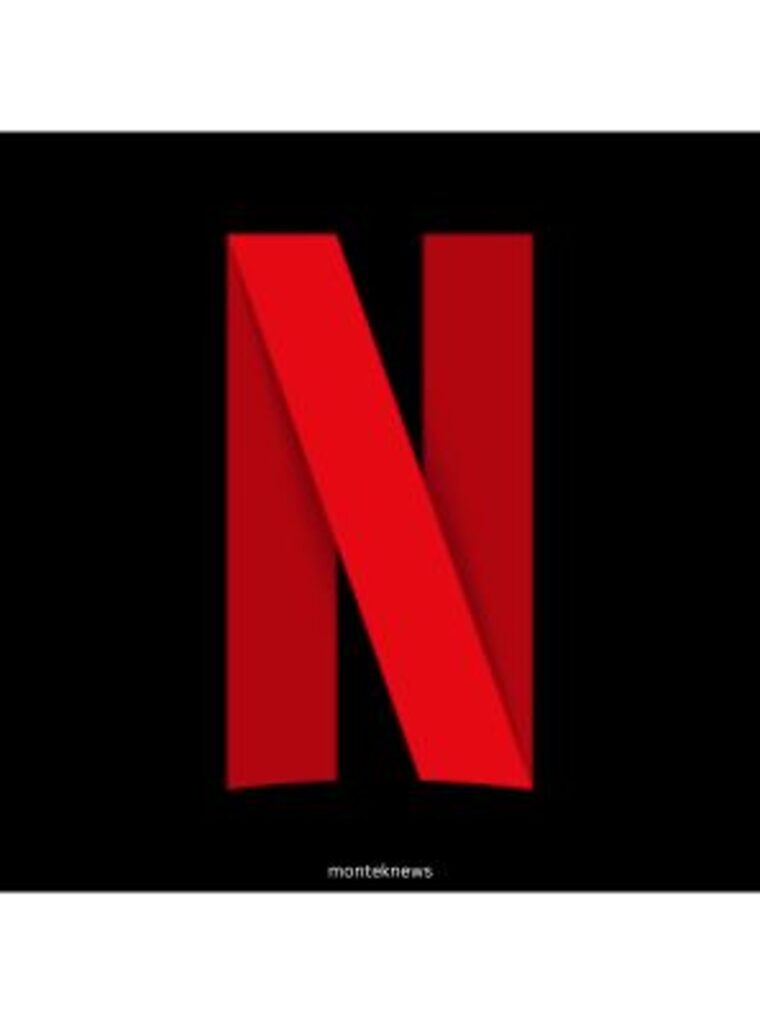Netflix Declines Distribution for Halle Berry’s Sci-Fi Film “The Mothership” Despite Completion
In a surprising turn of events, streaming giant Netflix has opted not to distribute Halle Berry’s eagerly awaited science fiction thriller, “The Mothership,” even after the completion of its filming. Sources close to the project have confirmed this decision, revealing that the film faced challenges during post-production, leading to its unexpected rejection by the streaming service. While the future of “The Mothership” seems uncertain, Berry and Netflix maintain a positive relationship, with the duo set to collaborate once again in the upcoming action movie, “The Union,” scheduled for release on the platform. Berry’s recent directorial debut, “Bruised,” also found a home on Netflix.
Initially announced in February 2021, “The Mothership” generated buzz with its Oscar-nominated screenwriter-turned-director, Matthew Charman, known for his work on “Bridges of Spies.” The film’s premise revolves around Sara Morse, portrayed by Berry, who embarks on a quest with her children to uncover the truth behind her husband’s mysterious disappearance from their rural farm. The storyline takes a compelling twist as Sara discovers an enigmatic alien object beneath their house.
Berry, who not only starred but also served as an executive producer, led a cast featuring Omari Hardwick and Molly Parker. Despite the talent involved, the film’s fate appears sealed, as it joins the ranks of other projects abandoned during post-production, a trend notably associated with Warner Bros.
Warner Bros. has recently made headlines for canceling several high-profile films, including “Batgirl,” “Scoob!: Holiday Haunt,” and the more recent “Coyote vs. Acme.” Notably, “Coyote vs. Acme” may have a glimmer of hope for a theatrical release, as Warner Bros. allows producers to shop the live-action/CGI movie to other studios.
The increasing prevalence of abandoning nearly completed films has sparked outrage not only among fans and artists but also caught the attention of lawmakers. U.S. Congressman Joaquin Castro voiced his concerns in November, calling for an investigation by the Federal Trade Commission (FTC) into Warner Bros. Discovery’s practices, accusing the studio of a pattern of canceling projects in post-production.
The decision to halt distribution for “The Mothership” adds another layer to the ongoing debate surrounding the film industry’s treatment of completed projects. The impact of such decisions extends beyond disappointed audiences to affect the careers and creative endeavours of those involved. The collaboration between Berry and Netflix, despite the setback, demonstrates the resilience and adaptability required in the dynamic landscape of modern filmmaking.
As streaming platforms continue to dominate the entertainment landscape, the power dynamics between studios and content creators become increasingly complex. The rejection of “The Mothership” raises questions about the criteria streaming services employ when deciding which projects to support and distribute. With audiences eager for diverse and engaging content, the industry must navigate these challenges to ensure that completed films, representing significant investments of time and resources, find their way to audiences.
In conclusion, the rejection of Halle Berry’s “The Mothership” by Netflix post-production serves as a stark reminder of the uncertainties in the film industry, where even completed projects may face unexpected hurdles. The collaborative spirit between Berry and Netflix, evident in their continued partnership, reflects the resilience needed to navigate the evolving landscape of filmmaking in the digital era. As discussions about industry practices gain momentum, it remains to be seen how studios and streaming services will address the growing concerns surrounding the fate of completed films.

